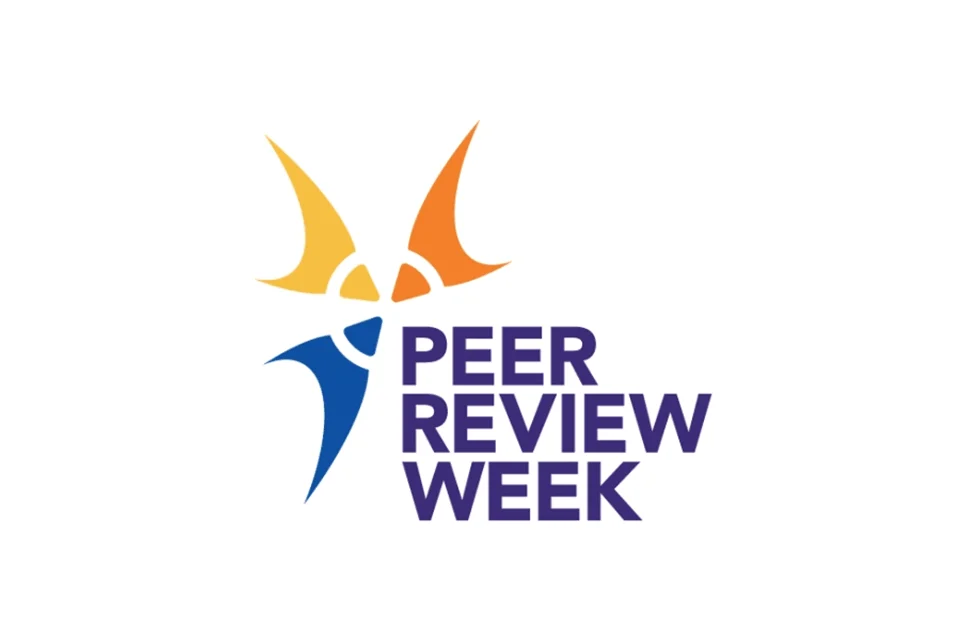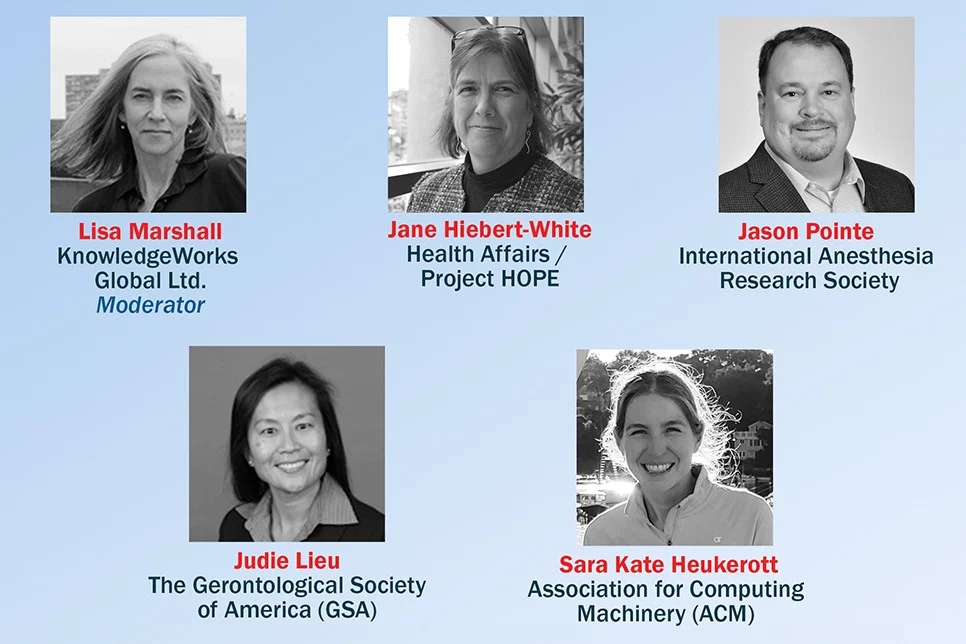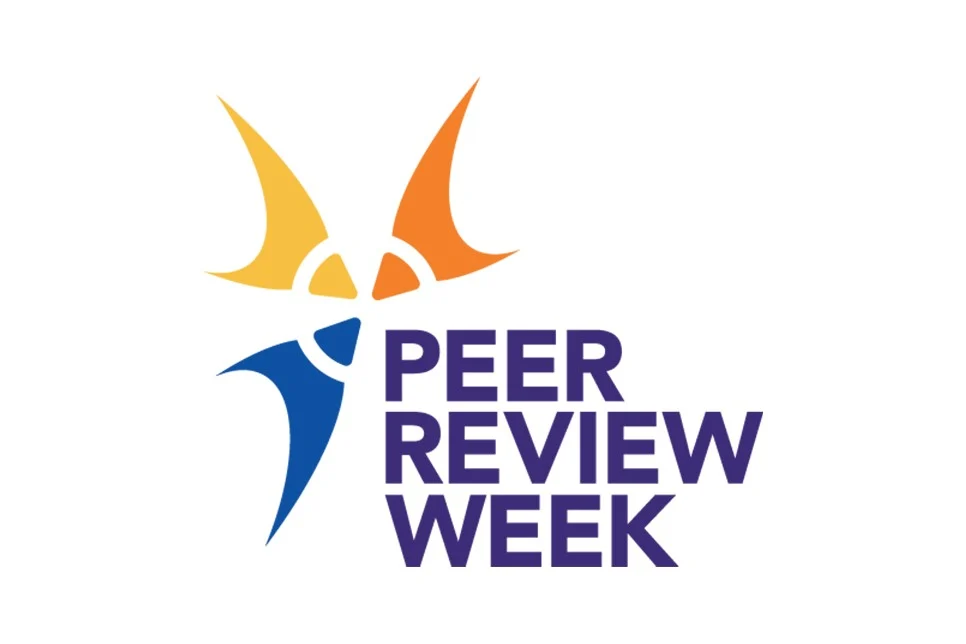During our recent community event, PubFactory Virtual Series: Industry Day, KGL’s Waseem Andrabi, VP of Learning Solutions, presented the different.
For Peer Review Week, KGL recently interviewed five scholarly journal editors and publishing professionals on the state of peer review in 2023.
For Peer Review Week, KGL recently interviewed five scholarly journal editors and publishing professionals on the state of peer review in 2023.
As part of the 2023 KGL PubFactory Virtual Series, on October 11 we hosted Industry Day, a half-day online seminar of insights, discussion, and practical takeaways for the scholarly publishing community.

Peer Review Week is an annual event to celebrate the value of peer review that brings together scholarly communication stakeholders, including academic publishers, associations, institutions, and researchers.

KGL Editorial recently interviewed five scholarly journal editors and publishing experts on the unique aspects they consider in their peer review process.

Hiring, transitioning and onboarding an Editor-in-Chief is one of the most important yet complex and lengthy processes scholarly journals must undertake.

The marketplace for scholarly publishing has become increasingly difficult to navigate over the last several years.

Figures should be easy to understand by the article’s intended audience and able to stand-alone (i.e. be understood without reading the text). To achieve this, authors need to pick the right visual representation for a data set and the message to be conveyed.





